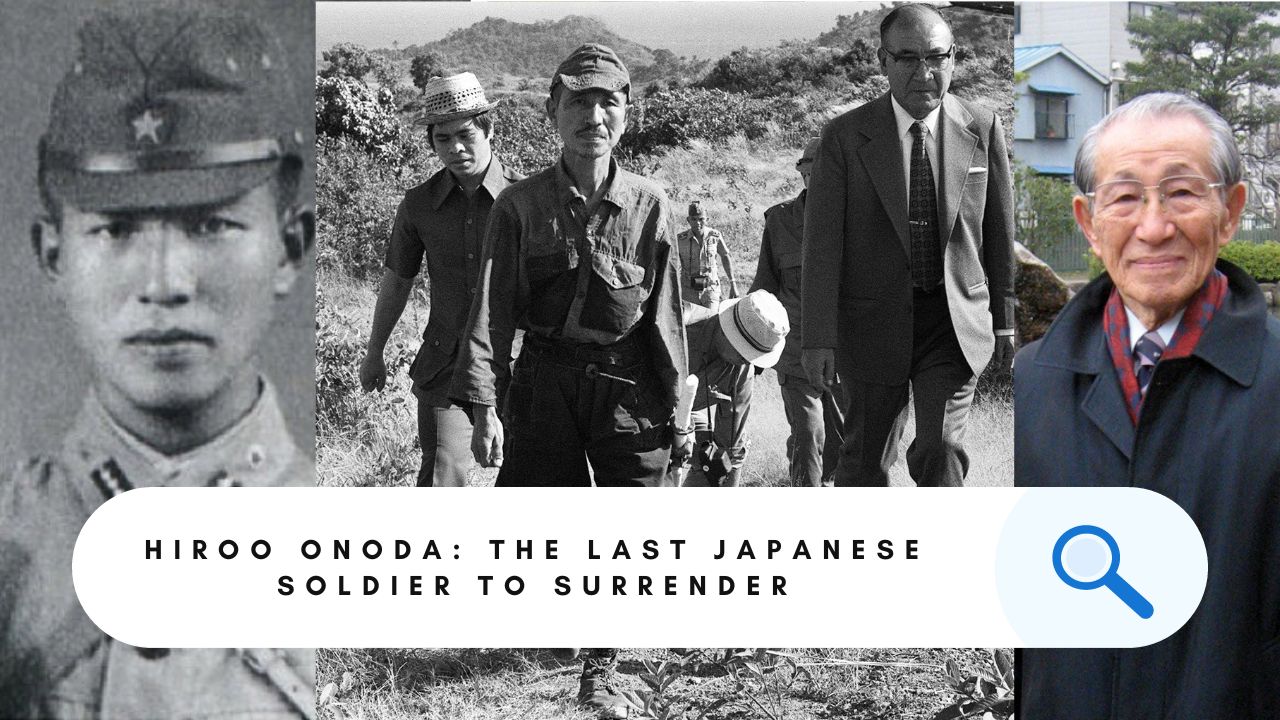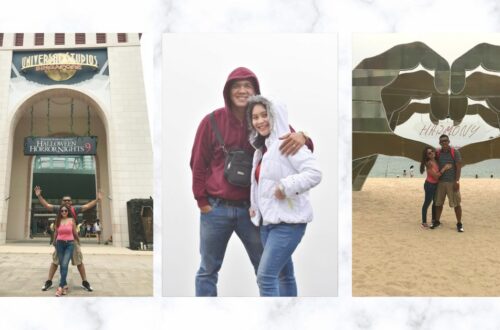Hiroo Onoda: The Last Japanese Soldier to Surrender
Hiroo Onoda is a name that will forever be associated with unwavering loyalty and the endurance of the human spirit. He is best known for his incredible story of survival and dedication, as he spent nearly three decades hiding in the jungles of Lubang Island in the Philippines after World War II had ended, steadfastly believing that the war was still ongoing. Hiroo Onoda’s remarkable tale of resilience, discipline, and commitment to his duty captured the world’s attention and stands as a testament to the extreme lengths to which some individuals will go to honor their sense of duty and loyalty.

Table of Contents
Early Life and Military Service
Hiroo Onoda was born on March 19, 1922, in Kainan, Wakayama, Japan. He came from a humble background, and like many young men of his generation, he was drafted into the Imperial Japanese Army during World War II. Onoda’s military journey led him to the remote Lubang Island in the Philippines, where he was assigned to the 14th Area Army. His specific duty was intelligence gathering and sabotage, in preparation for a potential Allied invasion.
The Surrender That Was Never Acknowledged
In February 1945, as the war was coming to an end, the Allied forces successfully invaded Lubang Island. Onoda and three other soldiers, Private Yuichi Akatsu, Corporal Shoichi Shimada, and Private First Class Kinshichi Kozuka, retreated into the dense jungle, determined to continue their mission of resisting the enemy’s advance. They believed that their duty required them to remain loyal to the Japanese Emperor and continue fighting until they received official orders to the contrary. Unfortunately, those orders never came.
For the next 29 years, Onoda and his companions continued to live in the rugged and unforgiving wilderness of Lubang Island, completely isolated from the outside world. During this time, they engaged in guerrilla warfare against any perceived threats, such as the local Filipino population and, at times, even clashes with the Philippine police.
Their isolation led to a life of extreme hardship and scarcity, as they had to rely on what they could forage from the jungle, including coconuts, bananas, and small game. They also managed to loot supplies from local farms and occasionally engaged in small acts of sabotage. Their camp was hidden in the mountains, and they took extreme precautions to avoid detection by both the enemy and local authorities.
The End of an Era
It wasn’t until March 10, 1974, that Hiroo Onoda’s life took a dramatic turn. Norio Suzuki, a young Japanese traveler with a passion for exploring abandoned wartime hideouts, ventured into the jungles of Lubang Island in search of Onoda. Suzuki’s quest was supported by the Japanese government, who had been searching for Onoda for several years.
Suzuki’s dogged determination and the efforts of local authorities eventually led to the reunion of Hiroo Onoda with the modern world. Suzuki was able to locate Onoda and deliver a letter from Onoda’s former commanding officer, Major Yoshimi Taniguchi, officially relieving him of his duty and ordering his surrender.
Onoda’s Surrender
When Onoda was finally confronted with the undeniable evidence that World War II had ended nearly three decades earlier, he initially hesitated to believe the situation. After careful consideration, he made the painful decision to honor his superior’s orders and lay down his arms. On March 9, 1974, Hiroo Onoda emerged from the jungle, wearing his tattered uniform and carrying his fully functional Arisaka Type 99 rifle with 500 rounds of ammunition, which he had kept in operational condition all those years.
Hiroo Onoda’s return to civilization was a major international news event, and his story fascinated people around the world. He returned to Japan as a national hero, and his remarkable dedication to duty was both celebrated and scrutinized.
Life After Surrender
Following his return to Japan, Onoda struggled to adapt to the modern world, which was drastically different from the one he had left behind in the 1940s. He faced the challenges of reintegration and learning to live in a society that had drastically changed during his years of isolation.
In his post-war life, Onoda worked as a writer, authored a best-selling autobiography titled “No Surrender: My Thirty-Year War,” and established a youth nature camp. He dedicated his efforts to preserving the lessons of his wartime experiences and imparting the importance of discipline and dedication to the younger generations.
Legacy
Hiroo Onoda’s story continues to captivate and inspire people worldwide. He serves as a symbol of unwavering loyalty, discipline, and the extreme limits of human endurance. His dedication to his duty, even in the face of overwhelming odds and changing circumstances, stands as a testament to the power of the human spirit.
Hiroo Onoda passed away on January 16, 2014, but his legacy lives on as a reminder of the sacrifices made by individuals during times of war and the extraordinary feats of human endurance. His remarkable tale will forever be etched in history as a testament to the power of loyalty, resilience, and commitment.





